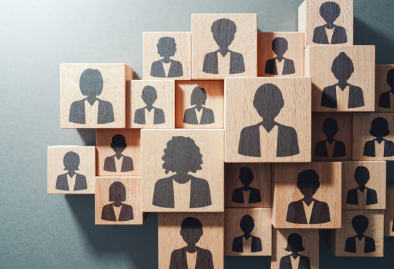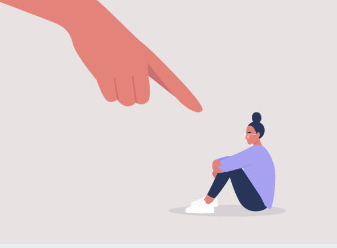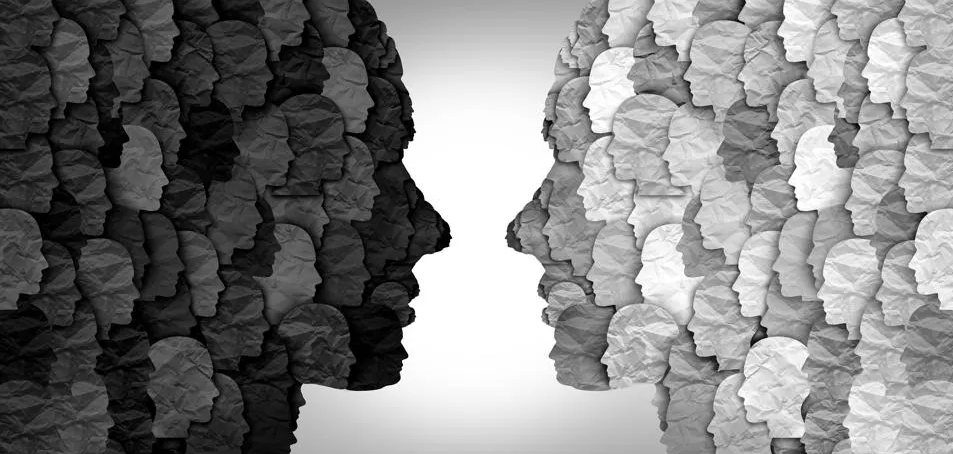Unconscious bias continues to cast a subtle yet significant shadow over the workplace. And it could be harming your business not just culturally, but economically…
Hidden prejudices affect how we perceive and interact with others, often leading to unintentional prejudice. The insidious beast that is unconscious bias does not just damage your D&I efforts, but it may also harm your business economically, says WISE CEO Kay Hussain.
So what exactly is this unconscious bias, and how can we tackle it?
What Counts as Unconscious Bias?
In essence it’s what it says on the tin, bias which is not conscious. This refers to the implicit attitudes, beliefs, and stereotypes that influence our decisions and actions without our conscious awareness.
These biases grow in the shadows, moulded by cultural norms, societal influences, personal experiences, and even how media portrayals, and can have major knock-on effects on how we approach gender, race, ethnicity and even age.
The Subtle Influence on Workplace Dynamics
The impacts of unconscious bias can manifest in the workplace in various ways, affecting recruitment, promotion, team dynamics, and overall organisational culture.

Recruitment and Hiring
Hiring decisions may be influenced by unconscious biases, leading to a lack of diversity in the workforce. For instance, a study found that CVs with traditionally female names received fewer callbacks for STEM positions, highlighting the gender bias present in the hiring process.

Promotion and Advancement
Unconscious bias can impact the evaluation and advancement of employees. Stereotypes about leadership qualities or potential can unfairly affect career growth, hindering diverse talents from reaching leadership positions.

Team Dynamics
Bias can affect team dynamics, leading to exclusion, lack of collaboration, and decreased productivity. Employees from underrepresented groups may feel isolated and reluctant to speak up, reducing their perceived contributions to the team.

Microaggressions
Subtle, often unintentional, microaggressions can reinforce bias and create a toxic work environment for those experiencing them. These repeated interactions can negatively impact an employee’s wellbeing and job satisfaction.
Tackling Unconscious Bias in your Organisation
WISE as an organisation exists to tackle gender inequality in the STEM sectors, and within its efforts include spotlighting unconscious bias. Training and workshops are available to organisations that want to start recognising and addressing inequality in their work environment, and make overall improvements with their diversity & inclusion.

WISE CEO Kay Hussain commented: “Unconscious bias is the silent and invisible barrier to an organisation’s inclusion and equality efforts.
“It is an insidious issue which grows in the shadows of company cultures, and must be brought into the light, where it can be addressed.
“Helping your team/employees to become aware of unconscious bias is the first step. Next is recognising the level of harm it can impose on your business, not just culturally but economically as well.
“Organisations can then take proactive steps to mitigate the impact of unconscious bias, which is why we offer expert training and workshops to organisations all over the UK.
“We teach all about inclusive leadership and how unconscious bias can impede the recruitment process, and the subsequent success of major businesses in STEM.
She added: “Combatting Unconscious Bias is absolutely the right thing to do from a moral perspective, but it’s also about ensuring the overall success of your organisation.
“We know that gender balance and inclusion is not a nice-to-have, it’s an economic imperative.”
More about Unconscious Bias Training at WISE
WISE is a leading UK organisation offering varied training & workshops on diversity & inclusion – including unconscious bias. Find more information training for your employees or yourself here.

